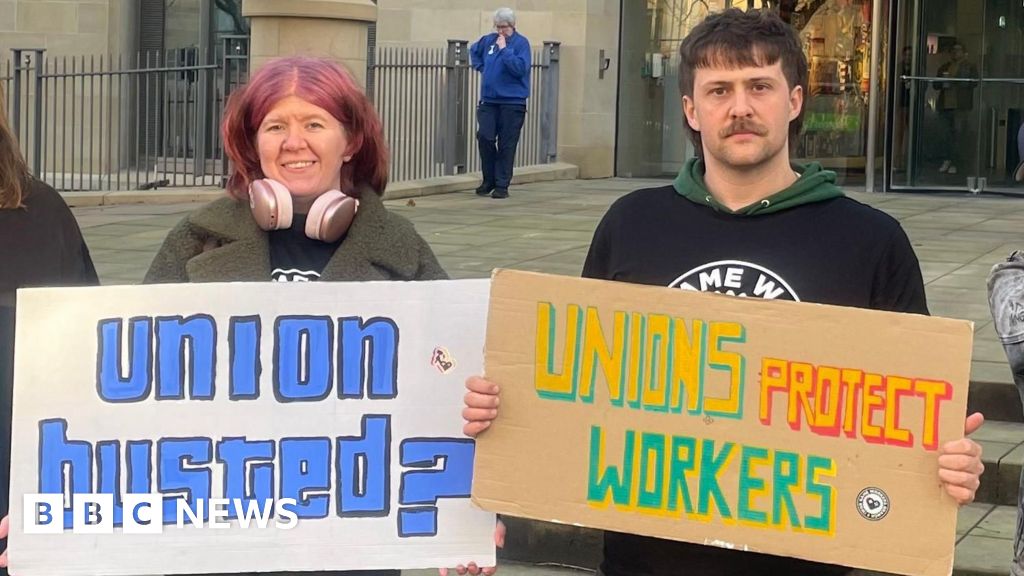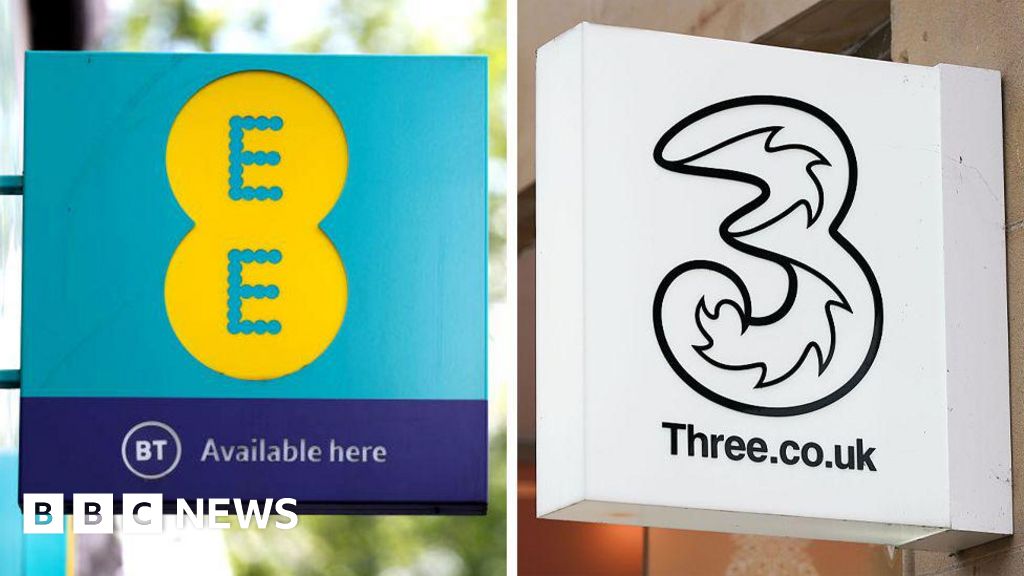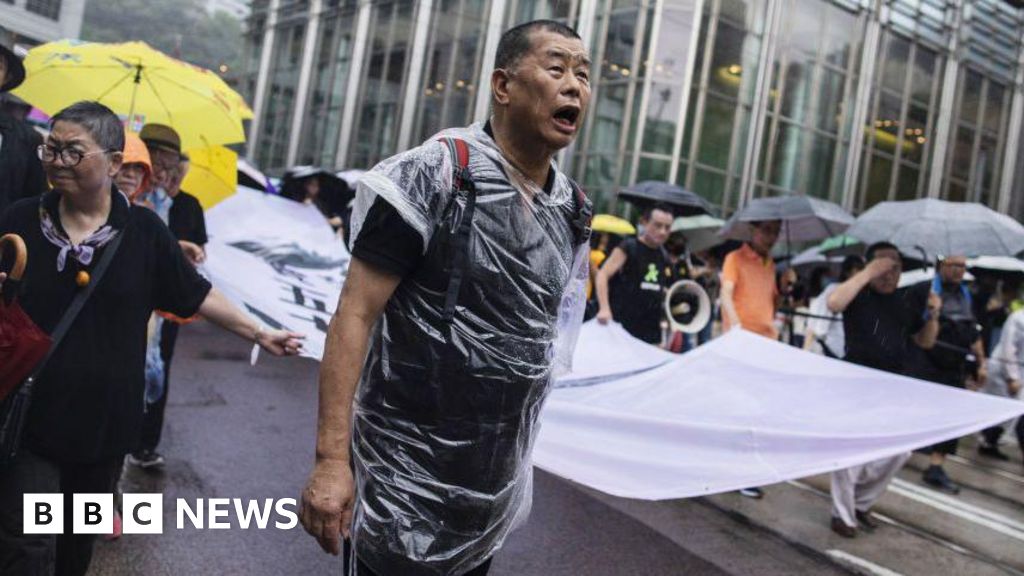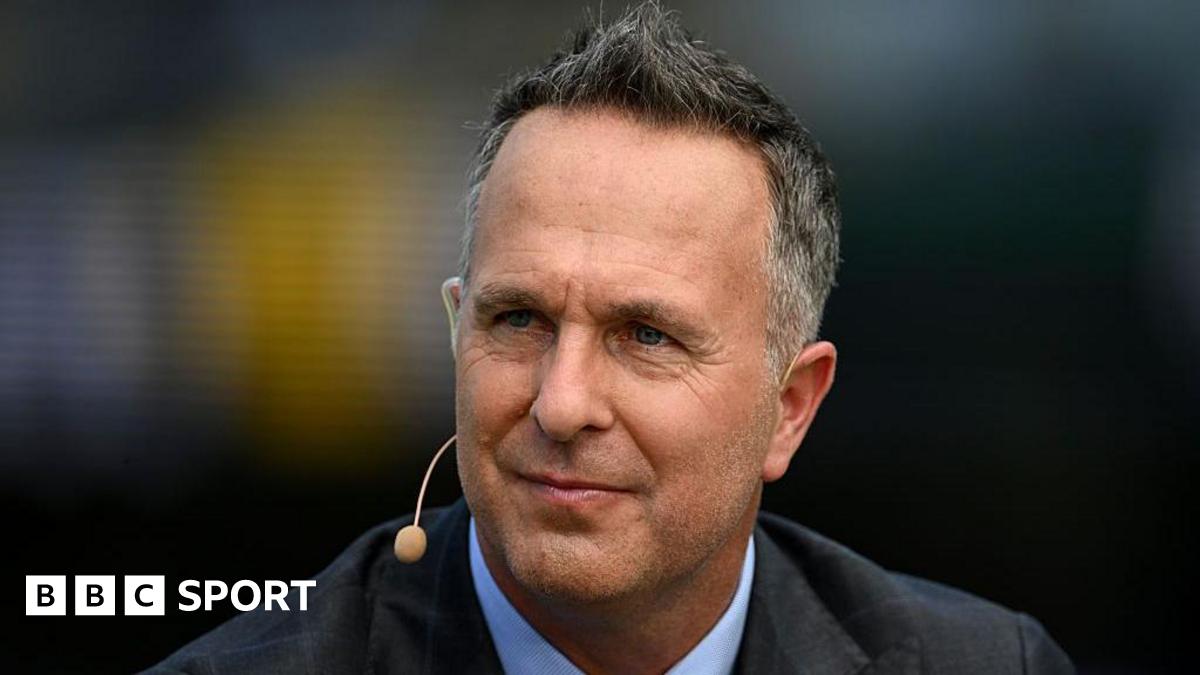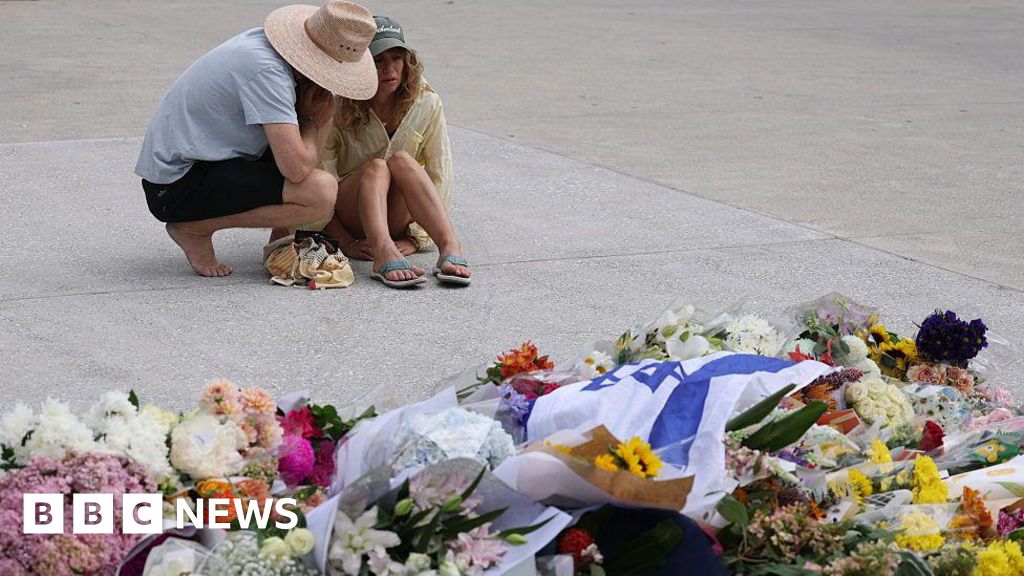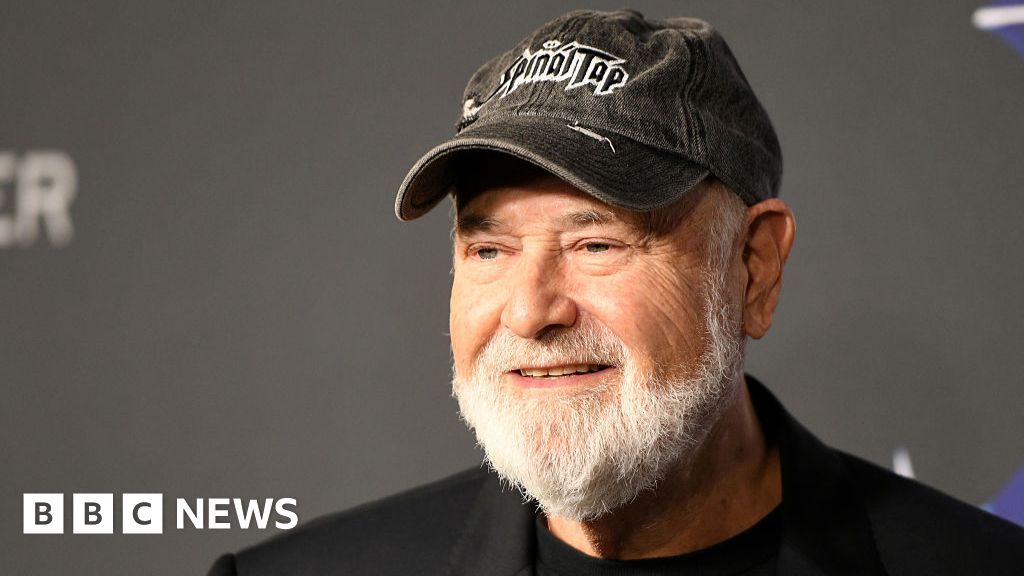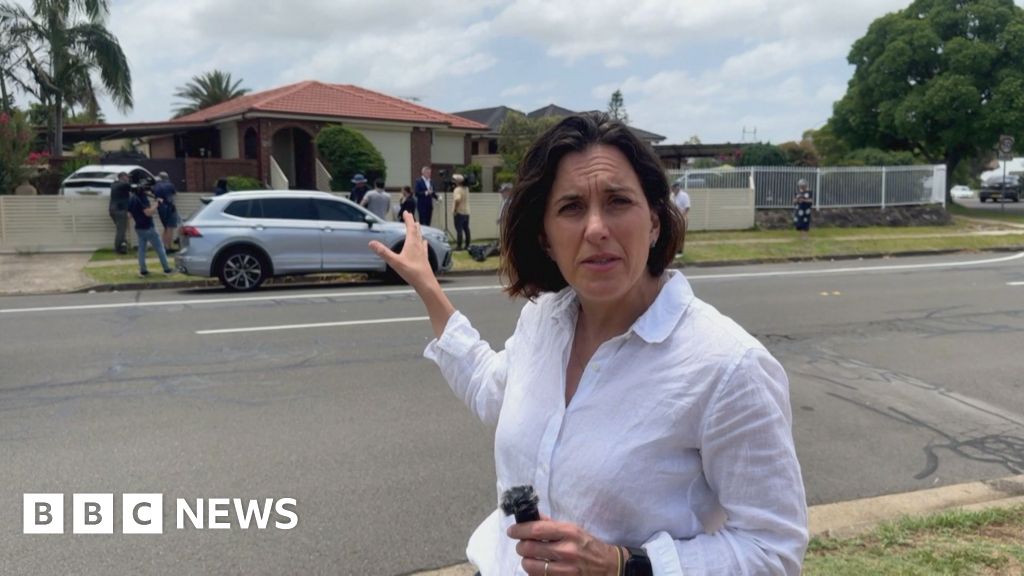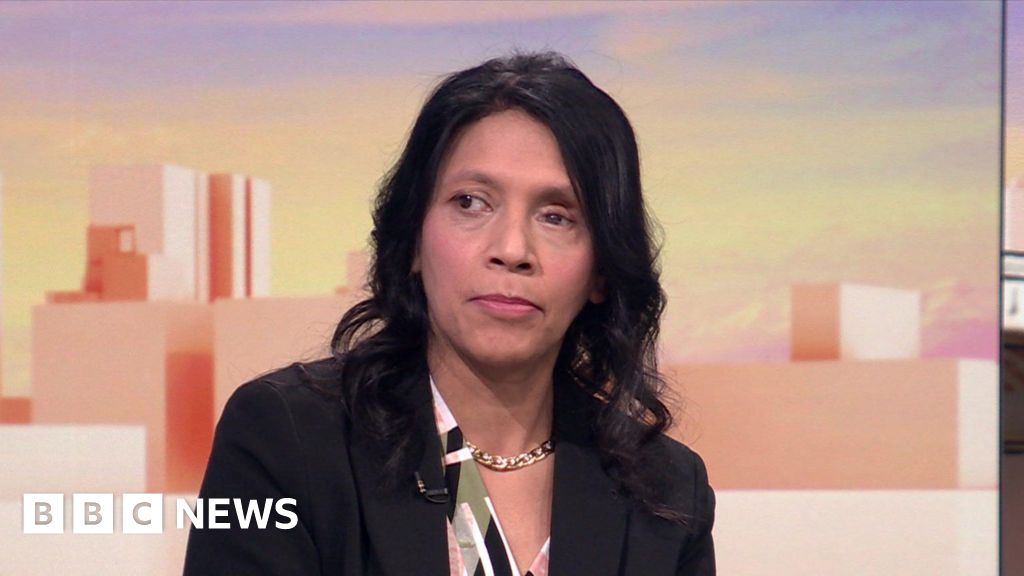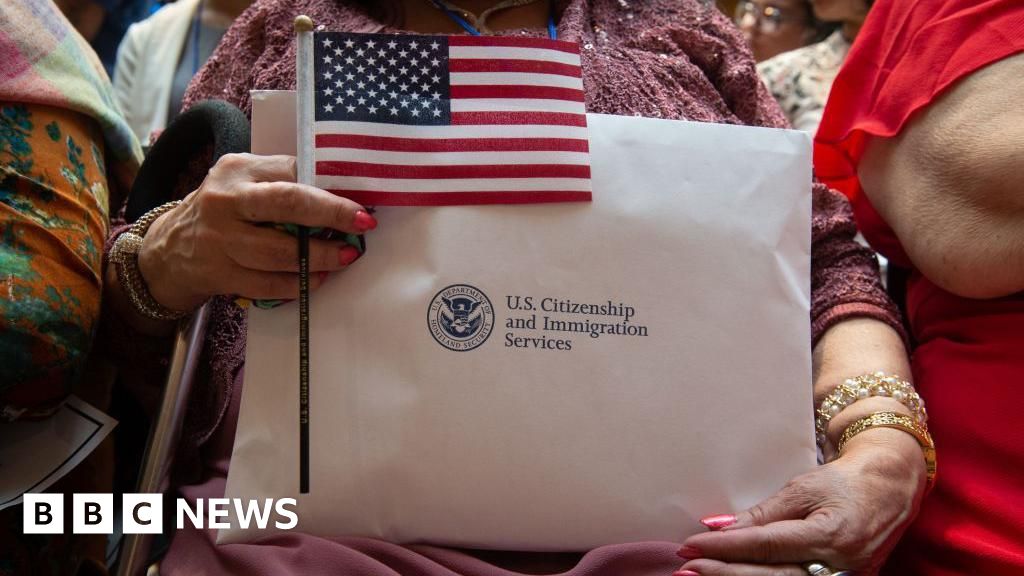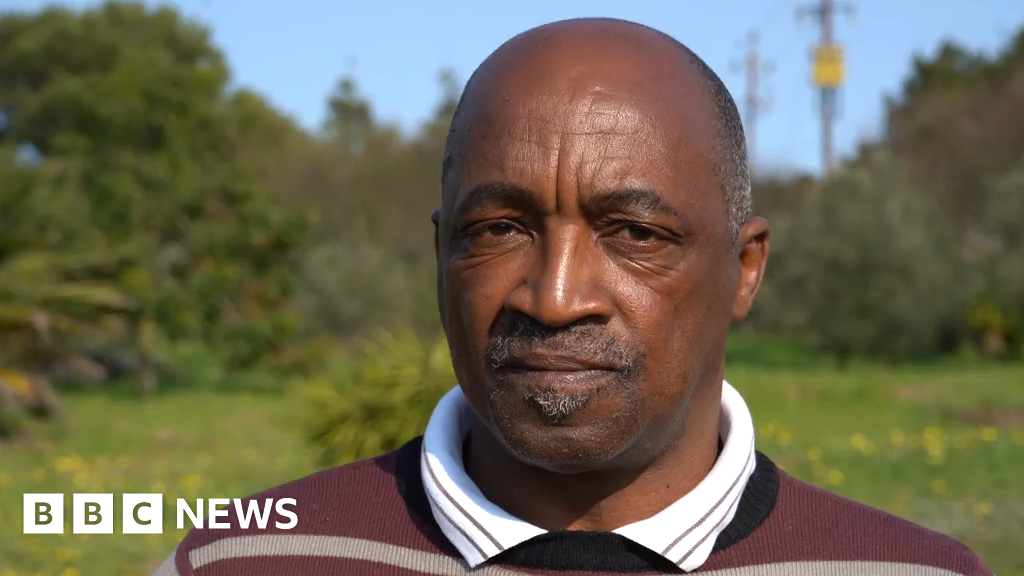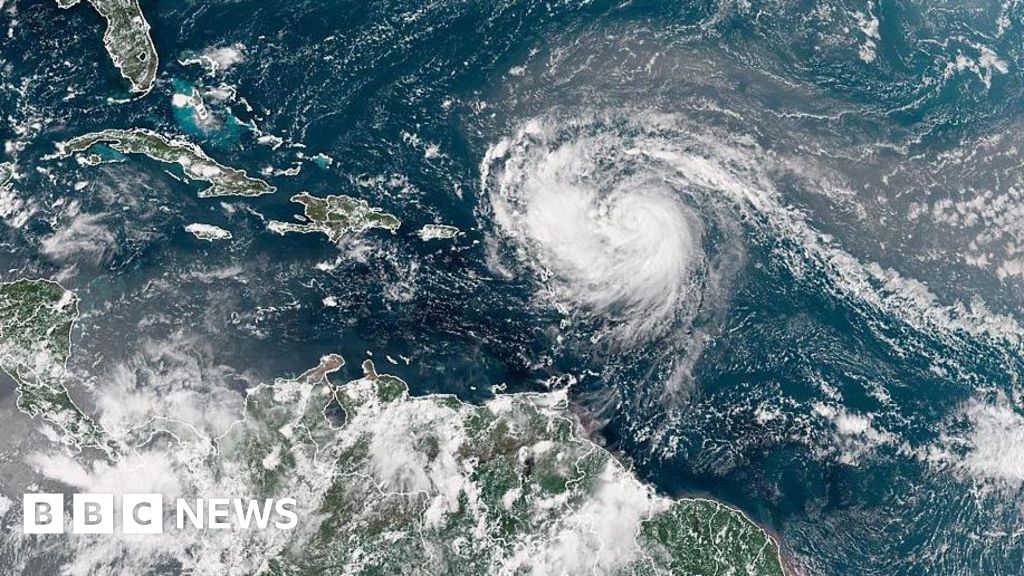Ben ChuBBC Verify policy and analysis correspondent

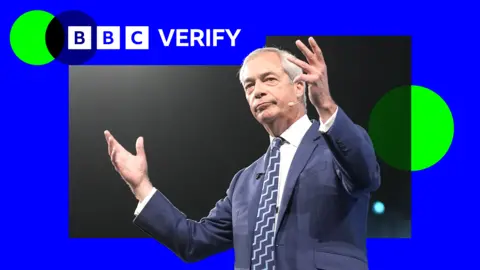 PA Media
PA Media
As conference season begins for the UK's political parties, Reform UK will be seeking to use its gathering in Birmingham to maintain the momentum it has gathered since the general election.
But with Nigel Farage claiming that he is ready to be the country's next prime minister, Reform's economic plans are coming under greater scrutiny.
BBC Verify has examined what we know - and don't know - about the party's aspirations when it comes to taxation, spending and borrowing.
Net zero
The party has long claimed it will be able to make considerable government savings from entirely scrapping attempts by the government to reach net zero carbon emissions by 2050.
The party's 2024 manifesto - which it called a "contract" - suggested it could save £30bn every year for the next 25 years by ending subsidies related to renewable power generation and emission reductions.
Richard Tice, the party's deputy leader, told the BBC on Friday that the Office for Budget Responsibility (OBR), the Government's independent spending forecaster, now "agrees" with those figures.
In its most recent Fiscal Risks and Stability Report from July 202 the OBR said the peak annual public sector investment cost of the Government's decarbonisation policy was £16.1bn in 2035, declining to £2.8bn in 2050.
It added that the average annual cost over the 25 years would be £9.9bn, or 0.3% per cent of GDP.
In that report, the OBR did put the overall "fiscal cost" of the net zero transition at an average of £30bn a year - though it attributed around two third of this figure to lost fuel duty receipts, as people choose to switch to electric vehicles, not additional public spending.
If people continued to switch to electric vehicles - and the government did not replace fuel duty with a new levy on road users - those fiscal costs would still face a future Reform government, even if they scrapped all net zero public investments.
It's also important to bear in mind that the OBR stresses the economic and fiscal costs to the UK from the UK and the world not reaching net zero.
Its latest report estimates the fiscal costs from climate-related damage - where global temperatures rise to just below 3°C above pre-industrial levels - could add 2% of GDP to UK primary borrowing (before interest costs] by the early 2070s.
Tax plans
Richard Tice told the BBC on Friday that: "The manifesto in July 2024 is not appropriate for a manifesto, or a contract, whenever the next general election is."
Nevertheless, that document is the most comprehensive and recent guide to the economic aspirations of the party - and the leadership have indicated that parts of it still stand.
The manifesto pledged considerable tax cuts to individuals and businesses.
The party said it would, among other things, lift the income tax starting threshold to £20,000 (from its current level of £12,570) and take 7 million people out of paying income tax.
It said its personal tax pledges would add up to an estimated cost of £70bn a year.
Reform also said it would abolish business rates, which are charged on most non-residential premises by councils.
It put an estimated cost of £18bn a year on its various proposed tax cuts on businesses.
That total £88bn a year of tax cuts would have been almost double the £45bn a year of tax cuts in Liz Truss's 2022 mini budget.

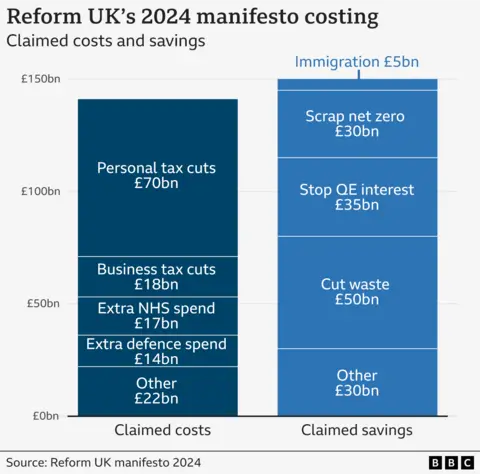
As well as cutting taxes, Reform's manifesto also said it would considerably increase spending, including on the NHS, defence, policing and prisons.
It said its health pledges would cost £17bn a year and its defence pledges £14bn a year and total spending pledges would add up to £53bn a year.
Since the election, Reform has pledged to deport some 600,000 unauthorised migrants over the next Parliament, which it has claimed would cost £10bn but save £17bn - so delivering a net saving of £7bn over the Parliament.
We don't have a detailed document from Reform, breaking down these costs and where these savings would be made, so it's not possible to verify this.
But these costings would, in any case, be subject to very high uncertainty. Any savings would depend on how much of a deterrent it would be in discouraging asylum seekers from coming to the UK.
In his conference speech on Friday, Nigel Farage also pledged to cut welfare spending, but did not lay out any specifics about which benefits would be targeted and by how much,
Also, in May 2025, he backed lifting the two-child benefit cap, which carries an estimated cost of £2.5bn a year.
Cutting waste



 3 months ago
74
3 months ago
74
